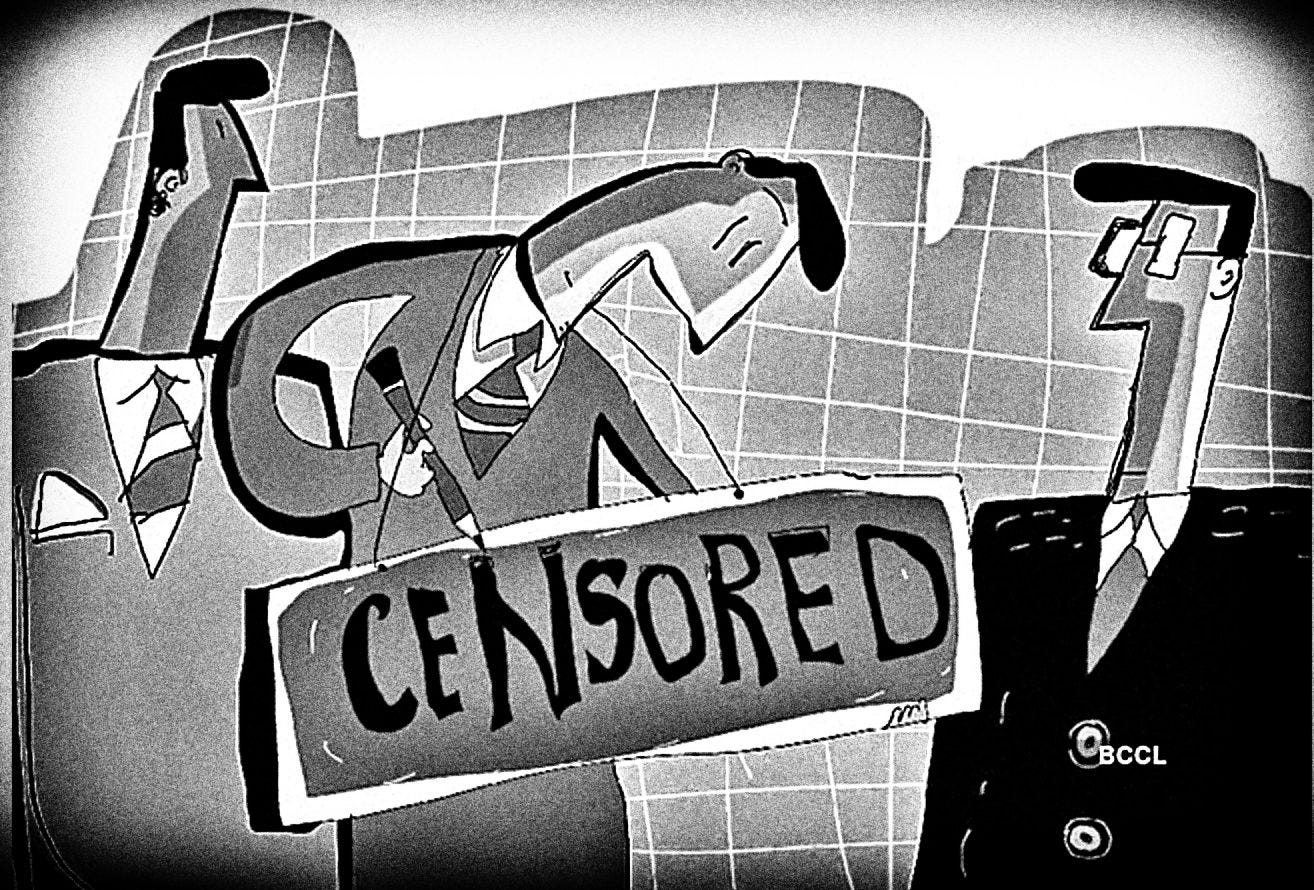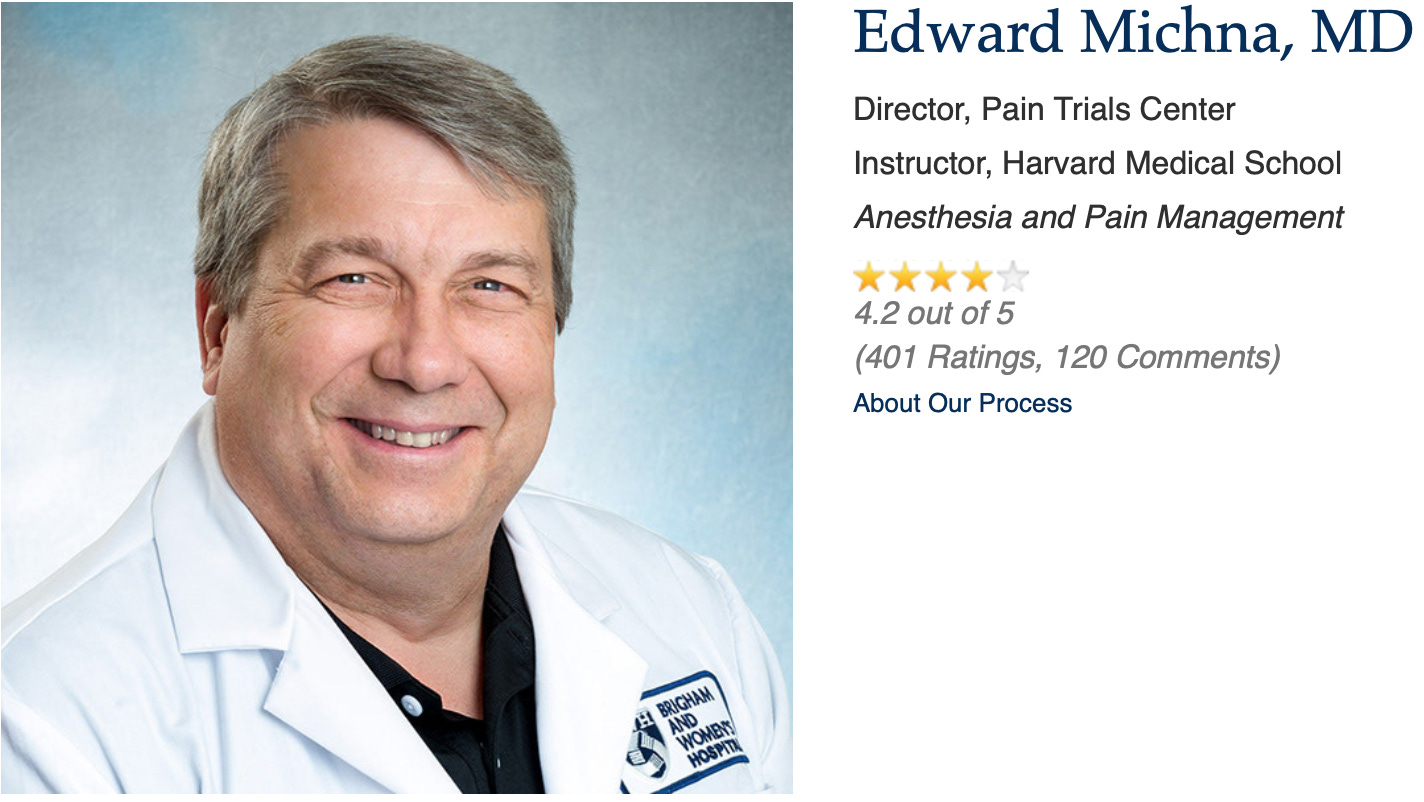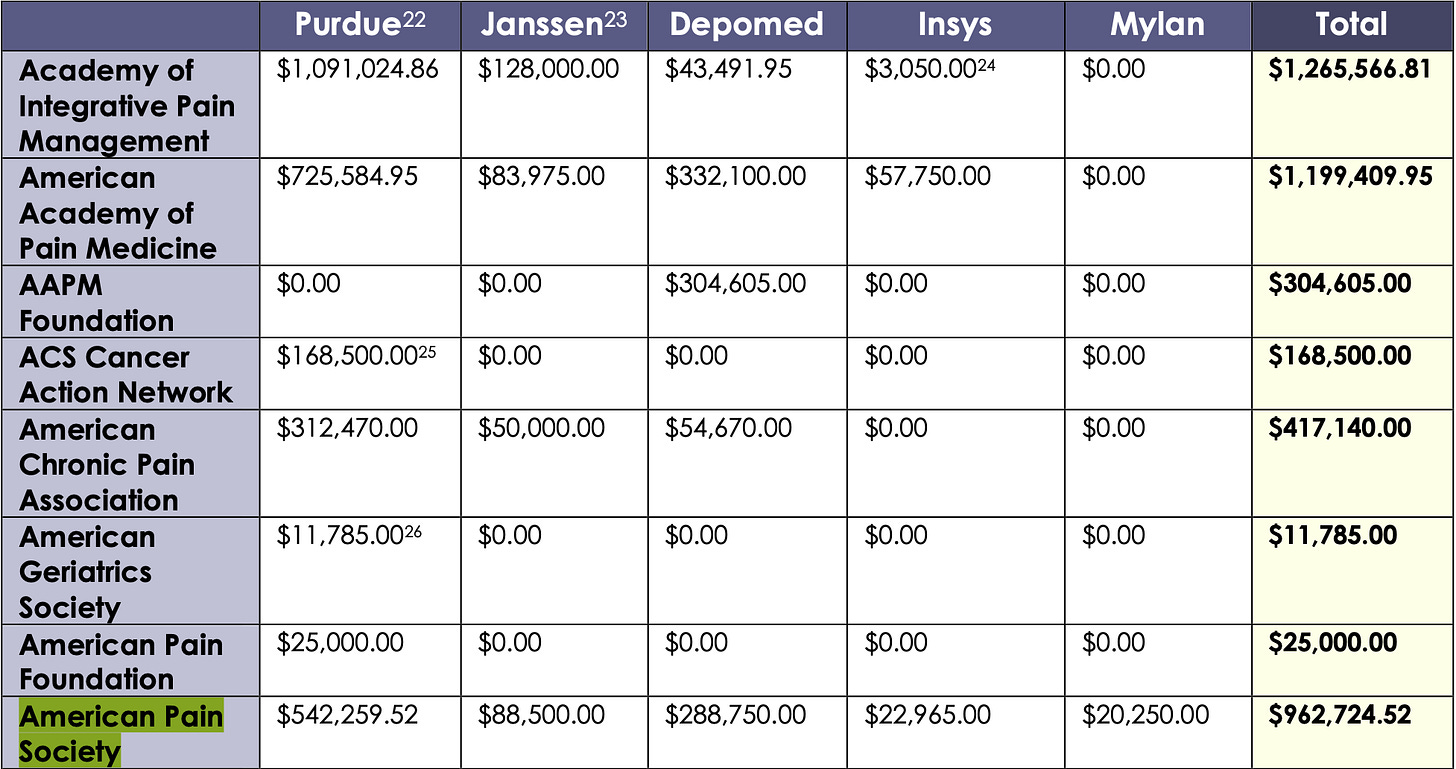The Answer to Physician Misinformation is NOT More Physician Oversight
A long history of drug scandals abetted by corrupt doctors who never faced sanctions from their own profession makes clear that physicians cannot self-regulate.
6 minute read
A recent essay in the New England Journal of Medicine helped highlight, underline and boldface how confused physicians remain about addressing misinformation in medicine. Specifically, the two essay authors zeroed in on social media, which they contrasted with science. You see, we all know social media is bad at determining truth, as opposed to science, which always gets things right—just ask tobacco, Monsanto, and the pharma companies.
So what happens when doctors stray from the science? The NEJM writers had a solution: Physician certifying boards.
Certifying boards — private, nongovernmental, nonprofit organizations created by the profession to issue voluntary credentials for specialist physicians — are well placed to help address the problem of false information on social media.
This of course, is laughable. We have plenty of evidence that medical boards are incapable of regulating physician behavior simply by looking at the history of drug scandals in America, none of which could have occurred without the complicity of corrupt doctors—few if any of whom were later sanctioned by their own profession.
Anyone notice a medical board going after Duke University’s Dr. Ralph Snyderman for aiding the Sacklers’ opioid scheme and helping spread disinformation that these highly addictive drugs are NOT…highly addictive?
Of course not. Snyderman built up Duke University into the 3rd most prestigious medical school in the States. Despite spreading disinformation about opioids that killed tens of thousands of Americans, he's obviously a great doctor.
The NEJM’s essay writers were most exercised about physicians spreading COVID-19 vaccine misinformation. Not because they have any special insight about COVID-19, vaccines, or misinformation, but because everyone in medicine today knows that the most important thing to get exercised about is COVID-19 vaccine misinformation:
On July 29, 2021, the Federation of State Medical Boards (FSMB), the umbrella organization of state and territorial licensing boards, issued a policy statement that “Physicians who generate and spread COVID-19 vaccine misinformation or disinformation are risking disciplinary action by state medical boards, including the suspension or revocation of their medical license.”
Oddly enough, one of the most prolific tweeters on COVID-19 vaccines is Baylor University’s Dr. Peter Hotez. And while Hotez has spread disinformation about vaccines—in one example, stating that vaccines mandates were never going to happen and were just a dog whistle by anti-vaccine groups—don’t expect any state medical board to come after him.
The reality is that, during the pandemic, the medical profession has become cheerleaders for vaccines, not skeptics. So when a couple MDs write an essay in the NEJM saying we need to confront COVID-19 vaccine misinformation, you automatically know they don’t mean someone like Hotez who has tweeted vaccine misinformation, but who has also religiously promoted COVID-19 vaccines.
Lawyers remain our best hope
The day after this essay appeared arguing that medical boards were the solution to disinformation in medicine, Dr. Edward Michna of Brigham and Women’s Hospital, and Director of the Pain Trials Center, as well as a Harvard Medical School Instructor, was testifying in Kanawha County, W.Va. on behalf of the opioid industry.
It was not a good day for Dr. Michna.
For years, Michna has run a lucrative side hustle for various opioid manufacturers, and a prosecutor for West Virginia was going over some of his career highlights:
Q. I told you that we have hundreds and hundreds—maybe thousands—of documents with your name on it that were produced by Janssen, Purdue, Insys, Endo, Cephalon, Teva, as well as documents from a third-party vendor used by Allergan called inVentiv Health. Are you familiar that you had involvement with all of those entities?
A. Well, I definitely have had involvement with entities, yes.
Michna’s “involvement” included being a top 4 Key Opinion Leader (KOL) for Purdue Pharma, which is now in bankruptcy for fueling the opioid crisis. Michna was also a paid speaker for Cephalon, which is being sued by multiple states for deceptive opioid marketing that downplayed addiction risks, and exaggerated benefits for treating chronic non-cancer pain.
Under oath, Michna affirmed that he was an investigator on a Cephalon trial to expand uses of Fentora for noncancer pain. The FDA later voted to not approve Fentora for the condition, over concerns for Fentora’s potential for addiction.
During the trial, Michna testified that he does not believe there was anything misleading about marketing and sales tactics used by the manufacturers. However, we also learned that there was something perhaps misleading about Michna’s biography at Brigham’s Hospital.
The pain trial center he directs hasn’t done an actual trial in over five years, and he hasn’t taught a class at Harvard for almost 15 years.
At another moment in the trial, the prosecutor asked Michna about testimony he had given on behalf of the American Pain Society before the FDA to counter a citizen’s petition that would limit opioid use. Michna countered that he wasn’t representing himself or his own opinions, but was reading a statement for the American Pain Society (APS), where he served as a board member.
When asked if the defendants Teva Pharmaceutical and Cephalon funded the APS, Michna responded, “I am not privy to how much funding the APS got from any pharmaceutical company.”
This answer was almost too cute to be believed. In 2018, a Senate investigative committee released a report exposing the financial ties between opioid manufacturers and advocacy groups. The report noted that between 2012 and 2017, the APS received more than $960,000 from America's top five opioid manufacturers.
After the APS was subpoenaed and named a “front group” for opioid manufacturers in several lawsuits, the group shut down in 2019.
Nonetheless, Dr. Michna is warmly embraced by drug company attorneys. Last year, several counties in California sued Teva Pharmaceuticals and other pharmaceutical companies for damages caused by opioids. When the counties lost, the firms Morgan Lewis and Kirkland Ellis both put out statements praising Michna.
“[O]ne of the most memorable moments during this trial came during my direct examination of Dr. Edward Michna, an expert in the treatment of pain, who movingly described his experiences treating patients who regained their dignity and life because of one of our clients’ medications,” said Wendy Feinstein, defending Teva on behalf of Morgan Lewis. “After discrediting evidence presented by the plaintiff, we wanted to provide testimony, not just lawyer argument, that our clients’ FDA-approved medications serve an important purpose for people who suffer from debilitating pain.”
Not only will Michna not be sanctioned by any accrediting board for his years-long defense of the opioid industry, nobody at any medical board will speak up about the numerous studies he has published that promoted drug industry messaging without disclosing his financial ties to companies.
This information was gathered by Alex Rich, a graduate student at the University of North Carolina who has created software to study industry payments to physicians. In the case of Michna, Rich found that, out of over 47,800 US Physicians who received payments from Purdue Pharma and its subsidiaries, Dr. Michna was in the top 0.2% with $52,512. [Note: this money does not include payments from industry to Michna for expert testimony.]
Rich then looked at studies Michna published to see if he disclosed monies from the drug manufacturers. For example, in 2016 Michna published a study titled, “Injury and Liability Associated with Implantable Devices for Chronic Pain” and declared “no competing interest.” But Rich found that in the three years before he published this study, Michna had received $88,359 from drug companies.
A similar thing happened in 2015 when Michna declared no competing interests in a study titled “Trends in Pain Medicine Liability.” In the three years prior, Michna received over $60,000 from drug companies.
Throughout 2014, Michna’s name appeared on several studies where he also failed to disclose his drug industry funding but did declare funding from the Analysis Group, an economics consulting firm. Back in 2015, Nature Magazine lauded the Analysis Group for finding that reformulated OxyContin had reduced medical expenses and societal costs by more than $1 billion per year in the United States.
Of course, Nature didn’t bother to ask Analysis Group who funded this OxyContin work.
A couple years back, an investigative nonprofit asked Analysis Group who paid them for their opioid studies, but got no response. However, a quick Google might explain who pays for the consulting firm’s opioid work. Analysis Group has published at least two studies—one in 2014, the other in 2017—that examine the societal costs of opioid abuse.
Unsurprisingly, both were funded by Purdue Pharma.
A few days ago, opioid manufacturers reached a settlement with West Virginia in the case where Michna defended their actions. For $161.5 million the companies resolved claims that they fueled an opioid epidemic in West Virginia, which caused untold numbers to die of overdoses while devastating the lives of families.
In coming months, documents will be released, further explaining what the opioid manufacturers did. But nothing … NOTHING will happen to Dr. Edward Michna for defending these companies.
That’s why nobody should believe essayists in the New England Journal of Medicine who promote the idea that doctors can regulate doctors. Doctors have had forever to do this, and they continually fail.









Thank you for a thorough, well investigated article. I am so disgusted and angered by everything concerning Medical. It really ramped up years ago but especially the last couple years. Trust broken, maybe permanently!
We have to be very careful about the term “misinformation” which is generally used to classify information which is not so much false as considered unsuitable for public consumption for whatever reason - if it was false it would be easy to dismiss and it is a thoroughly Orwellian usage. Misinformation, except where the term has been used loosely is almost guaranteed to be true. Almost everyone ends up using it rather lazily but the term itself ought to be called out as inherently deceptive. It is also quite a long way different from disinformation which I take to be synonymous with false propaganda.
Back in 2020 btw Hotez was correctly convinced that the new Covid “vaccines” were of very limited use but that all changed (when “they” got rid of Trump?).
https://www.medpagetoday.com/infectiousdisease/covid19/89512